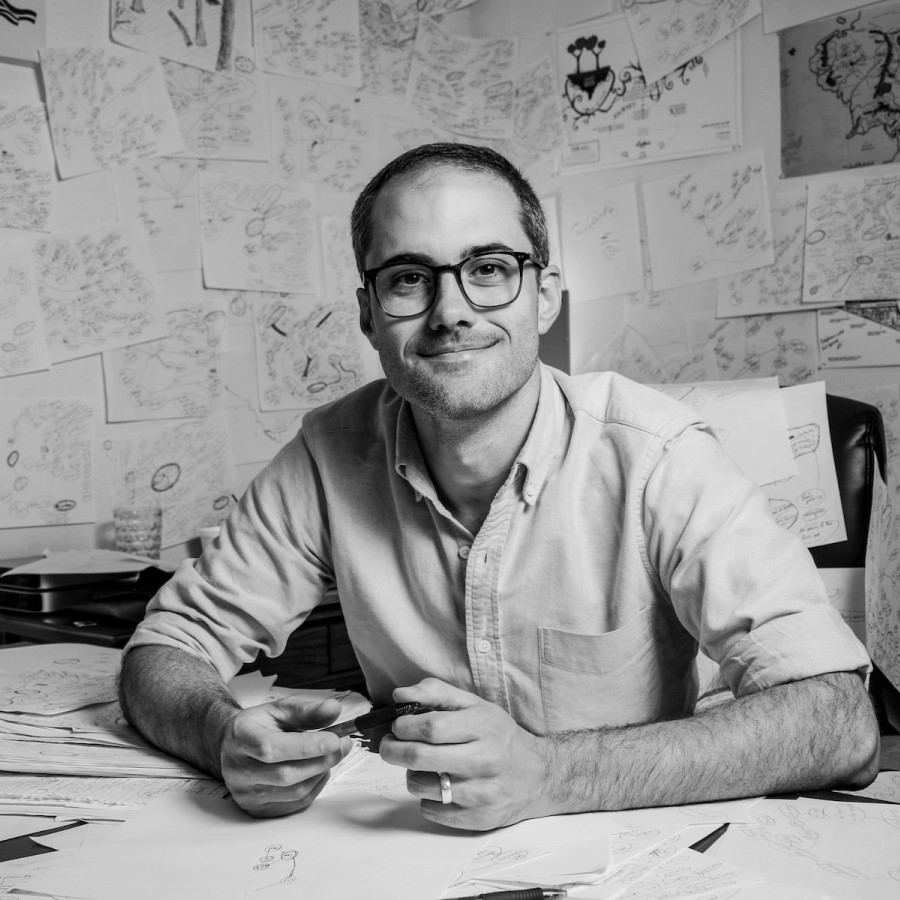Skills
I usually forget that my strengths are not in hard skills, per se. I write, but I am not a writer. I make things with wood, and I do a little coding, but I am no carpenter or programmer. And I think it's so hard to remember because 1) hard skills like writing and coding are easier to identify and 2) because of that, our culture is more aware of them.
According to my giftedness assessment, my primary drive is to develop novel, interesting concepts and then make them real. I do so comprehensively and with as much polish and profundity as I can conceive. And they're typically at the tip of my understanding, so they're always learning experiences—both in the deeper elements of what it means to be human and in skill. But the novelty, in particular, means that I tend to jump between hard skills. The moniker they give it is "realize the concept." I'm a skill-dabbling realize-the-concept guy.
For me, hard skills are vehicles. When they can get me to a realized concept, I use them. When they can't, they sit in the yard until rust eats their innards. (The difficulty is when some new concept comes up that needs that old car, I have to get it running again. Oh, if only there were more hours in the day, more days in the year, more weekends in each month, and more concepts that drew my attention during all that extra time!)
You can probably tell I'm mostly trying to feel better about not being a great musician, despite having spent 10 years of my youth playing music.
But I suppose that's not all fair. It's good to know what you're bad at, and it's good to know what you're good at—your "motivated abilities," the abilities you are motivated into, as the giftedness assessment calls them. I can be good enough in the hard skills I need to complete some new project, but my real strength is in developing the concept and then making it real and as real and authentic and comprehensive and impactful as I can.
